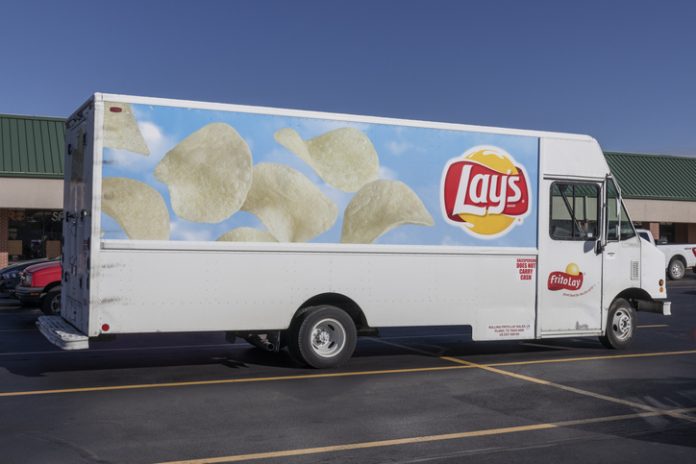
By the time we get to March, the majority of Canadians have had their fill of winter and are suffering severe bouts of “cabin fever.” Worse yet, this winter seems particularly long, perhaps made worse by pandemic burnout. I am sure we all have winter coping mechanisms and survival tools. Home projects, exercise routines, renovations, food! Yes, food as in cravings and comfort foods and unhealthy foods. Choices such as cookies, cake, and worse yet, potato chips. Today I am learning, with some horror, that Canada may be facing a potato chip crisis. Suddenly supply chain issues have become all too real.
One of Canada’s largest food manufacturers (Frito-Lay) has halted shipments to the country’s biggest grocer (Loblaws) in an extreme example of how inflation is impacting the food industry and driving a wedge between some retailers and suppliers.
Swaths of Loblaw’s potato chip aisle will be empty for a while. The issue is a pricing dispute between Loblaw Companies Ltd. and Frito-Lay, the maker of Cheetos, Doritos, Lays, Ruffles, and Sunchips, attempting to recoup higher costs while Loblaws is trying to hold the line on what price it charges its customers.
The issue is not limited to the aisles at Loblaws. It is a spinoff from global supply chain problems. Frito-Lay explains they face the pressure of rising costs on ingredients, packaging, and transportation. Add a global shortage of potatoes, and you have a perfect storm affecting the price of potato chips.
Digging deeper (yes, potatoes grow underground), Loblaw’s (and our) problems are just part of the latest potato supply problems. Shortages of North American potatoes in Japan are causing the rationing of fries at fast-food restaurants. There are disruptions in Kenya and South Africa where customers struggle to find their favourite potato chips on retailers’ shelves.
In Australia, 20 percent of distribution centres workers (the workers transporting the food) were absent, and more than 10 percent of supermarket store staff were off work due to COVID. Slowdowns and empty shelves were the results of insufficient workers.
Crop shortages, climate change, increased transportation and manufacturing costs, rising demand for the product, any of these can trigger a spike in prices.
It would seem that we have all become aware of the complexities of global supply chains in the last two years.
Transportation costs will continue to rise due to war in Ukraine which will spike the already rising cost of fuel. Fuel costs will cause rising prices in almost everything we use or consume.
In January, Canada’s inflation rate hit a 30 year high of 5.7%. Inflation, like supply chain issues, has become a global phenomenon. We may have to make difficult choices on what we use or consume, and food items will be near the top of that list.
Globally we have seen weather affecting the price of many food items. That includes Brazilian coffee and Belgian potatoes. In Canadian yellow peas (in demand as a protein substitute in plant-based foods) rose sharply last year in response to extreme temperatures and flooding.
Scientists have warned that these conditions will become more frequent and intense as climate change accelerates. Logistical issues and changes to consumption habits resulting from the pandemic also drove up the price of staple goods such as sugar and wheat last year.
But what about our crispy chip addiction? Potatoes are the number one non-grain food product. Originally grown in the Andes, the Spanish introduced Europe to the potato in the 16th century, and the starchy crop hasn’t looked back since. Surprisingly China is now the world’s largest potato producer.
Used to be that chip manufacturers had to give price incentives for their products. But with a decreasing supply and strong demand, that was no longer a need to sweeten the deal. Just like the global crisis for computer chips in cars that drove the price up, the lack of potato chips is driving their price up. Manufacturers now have greater control of the wholesale price, not as much, the store.
The battle between Frito Lay and Loblaws is where the manufacturer is trying to protect its margin, and Loblaws is trying to protect pricing for their consumer. But the reality is they are also trying to protect their profit margin as prices keep rising at unconventional rates.
Food experts say this scenario will begin to play out elsewhere in the grocery store. “This is not just about chips,” said Charlebois, Dalhousie University professor of food distribution and policy. “We’re going to be seeing this in other food categories like bakery and dairy as well.
In December, the Canada Food Price Report said that for 2022, food price inflation is on track to be higher, with a likely increase of between five and seven percent, or an extra $966 a year for the typical family grocery bill.
“Betcha can’t eat just one?” is a famous ad slogan from non-other than Lays potato chips. They are betting our addiction to their product will cause Loblaws to buckle under their new prices. Experts say potato chips have little nutrient value and are a high-calorie food, which is also high in sodium. Perhaps our food dollar is better spent on healthier products?
There are two sayings one, “when the chips are down,” the other, “let the chips fall where they may.” It sure is beginning to look like the chips are down, meaning we will all have to tighten our spending waistlines. We may have to let the chips fall where they may, as we won’t have any alternative to the rising costs at the grocery store. I’m afraid it looks like we may have run out of bargaining chips.


















